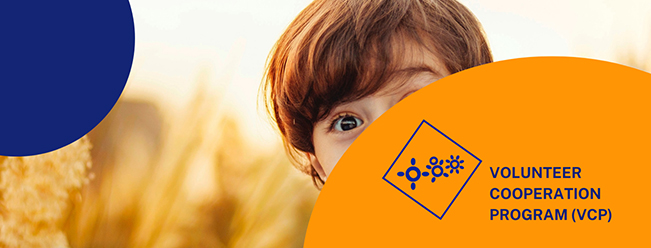
From 28 February to 2 March, the Bureau organised a workshop on key competencies for child participation in Tunis, Tunisia. In line with the work carried out for more than 10 years to collaboratively define the competencies of key child protection sectors (read more here), the IBCR continues to work on this theme, this time focusing on child participation.
Gathering 37 people who came from 7 African countries (Burkina Faso, Côte d’Ivoire, Madagascar, Morocco, Tunisia, Senegal and Togo) and Canada, as well as volunteers from the IBCR’s volunteer cooperation programme, PRIDE, and members of the IBCR team, the workshop allowed for numerous exchanges.
The issue of the inclusiveness of child participation was discussed, as well as the importance of non-discrimination and the establishment of safe and secure spaces to promote the involvement of children and their families in decision-making processes. Finally, the establishment of sustainable participation structures was discussed, both for the creation of children’s clubs and in schools or public spaces (Children’s Councils, Children’s Rights Committees, etc.).
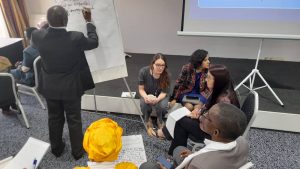
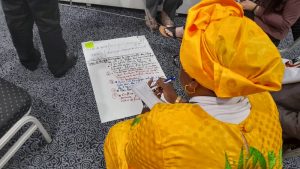
While the right to participation, which promotes respect for the views of the child and the best interests of the child, is an integral part of the rights of the child as set out in the Convention on the Rights of the Child (Article 12), it is still insufficiently or poorly respected throughout the world.
In order to make progress on this issue, the IBCR is launching a new collaborative process to identify the key competencies needed to enable the full exercise of child participation. The Tunis workshop was the first step in a multi-year process.
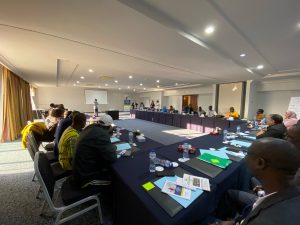
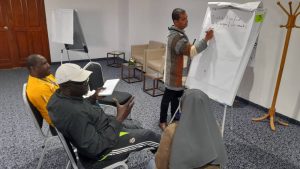
Discussions at the workshop focused on the importance of establishing a non-discriminatory and non-violent process to develop the involvement of children/youth and their families in decision-making processes. The establishment of safe and secure spaces is also an essential element to enable more sustainable participation structures both in the creation of children’s clubs, but also in schools and public spaces (Children’s Councils, Children’s Rights Committees).
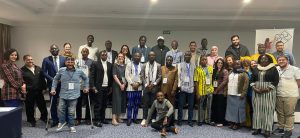
Beyond this workshop, the IBCR is working in Tunisia to strengthen the overall protection and respect of children’s rights, whether in a migration situation or not, through its voluntary cooperation programme PRIDE and bilateral projects.
Learn more about the work of the IBCR on key competencies
See our international volunteering opportunities
*Volunteer cooperation programme and workshop 


